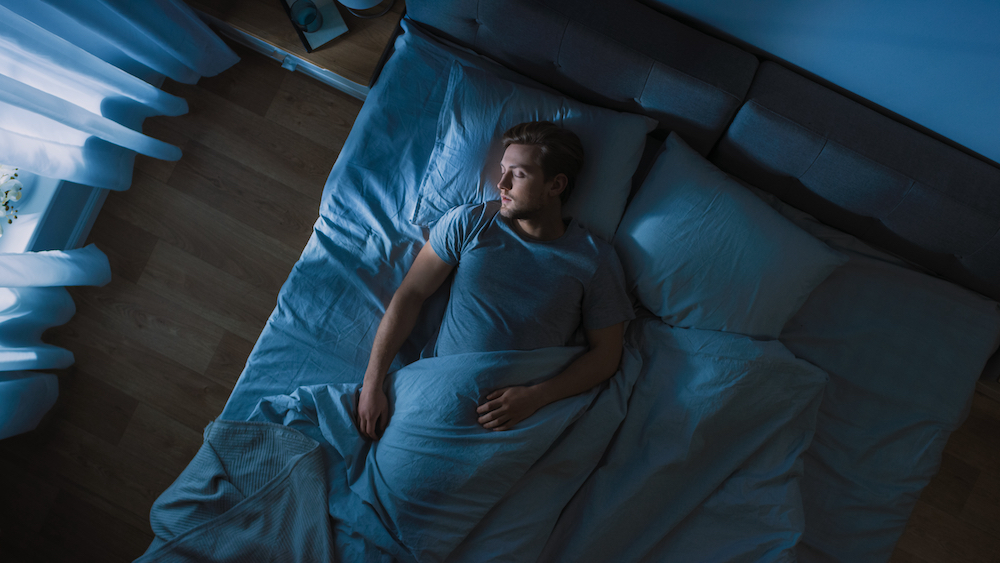

Most people know that sleep is essential for their well-being. However, it is easy to neglect its importance. Sleep is not just about recharging and resting. It plays a vital role in your mental and physical health. It can affect everything from your mood and productivity to your weight and immune system.
Importance of Sleep
To maintain good health and well-being, you must get enough sleep. It is a basic human need that you require to function. When you sleep, your body and mind rest and rejuvenate. Your brain processes information from the day and creates new neural connections while your body repairs and regenerates cells. Lack of adequate sleep can make you prone to mood swings, cognitive impairment, and physical illness.
Role of Sleep in Mental Health
Getting adequate sleep is crucial for good mental health. Sleep deprivation can lead to psychological problems like depression. It can also affect your ability to make decisions or concentrate. People with sleep disorders like insomnia have a higher chance of developing mental health issues. Getting adequate sleep can boost your cognitive functions.
Link Between Sleep and Physical Health
Your body repairs and regenerates cells during sleep. It allows you to recover from illnesses and injuries. Lack of sleep weakens the immune system. It makes you susceptible to diseases and infections. It can also lead to weight gain because sleep deprivation affects metabolism and increases your appetite.
Recommended Hours of Sleep
The recommended sleep duration varies with an individual’s needs and age. Adults need to sleep for seven to nine hours each night. Teenagers need eight to 10 hours, and children need even more. However, some individuals may require more or less sleep. It depends on their circumstances and needs.
Tips for Improving Sleep Quality
Sticking to a regular sleeping schedule can improve your sleep quality. You can develop this habit by waking up and going to bed at the same time every day, even on holidays and weekends. Create a conducive environment to rest. Ensure your bedroom is dark and quiet. It is also vital to invest in comfortable pillows and a mattress.
Avoid taking alcohol or caffeine before bed to ensure you do not disrupt your sleep. It is also crucial to avoid using screens before bed. The blue light emitted by the digital screen can interfere with your sleep.
Try avoiding electronic devices before bed or use a blue light filter. You can also improve the quality of your sleep by practicing relaxation techniques. These include deep breathing and meditation.
When to See a Provider
You may need to see a provider if:
You have trouble sleeping or staying asleep several nights a week for over a month.
You consistently wake up feeling unrefreshed or tired, even after adequate sleep.
You experience frequent snoring, choking, or gasping episodes during sleep.
You experience sleep apnea symptoms, such as waking up with a dry mouth or headache.
You experience sleep disorders like narcolepsy or insomnia.
You have tried making lifestyle changes to improve your sleep, but they have not been effective.
Your provider can evaluate your sleep problems. They will give a diagnosis and recommend treatment options, which could include bioidentical hormones and/or supplements to help you sleep better.
For more about sleep, visit 22 Health & Hormone at our office in Altamonte Springs, Florida. Call (321) 972-6159 to book an appointment today.




